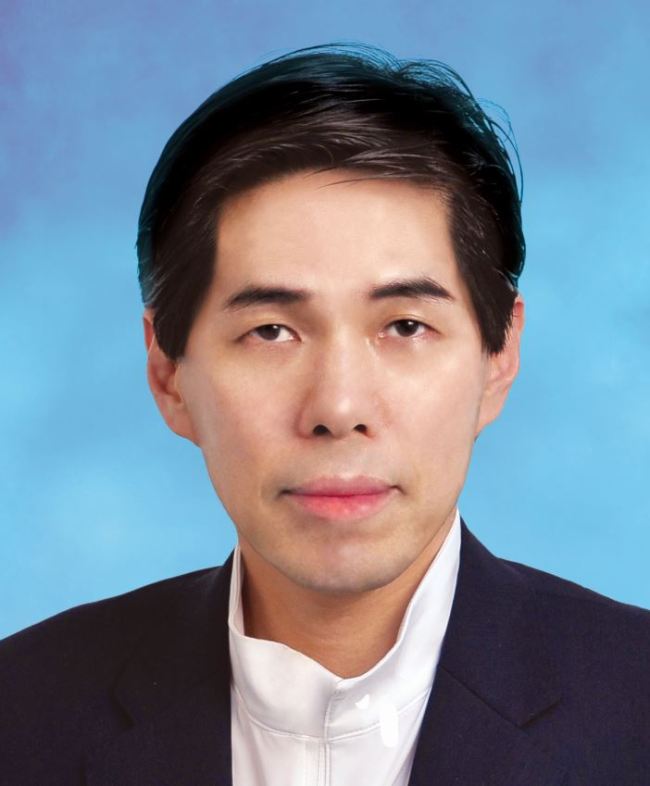In a globalized world, the mantle of international cooperation falls not only in the hands of national government, but legitimately on local government, according to the new president of the Korean Association for Local Government Studies.
Professor Yun Eun-gee of Dong-A University in Busan, who teaches public administration, will become the 19th president of the academic organization in March for one year.
“As political, administrative and fiscal authorities are transferred downward across advanced countries, international diplomacy between local administrations is rising in importance,” he told The Korea Herald.
“We live in a highly interconnected world, where ideas, information, capital and talents crisscross the globe for optimal gains. Like how Korea achieved its economic miracle through global trade, regions should look beyond the national territory for their continued prosperity.”
Professor Yun Eun-gee of Dong-A University in Busan, who teaches public administration, will become the 19th president of the academic organization in March for one year.
“As political, administrative and fiscal authorities are transferred downward across advanced countries, international diplomacy between local administrations is rising in importance,” he told The Korea Herald.
“We live in a highly interconnected world, where ideas, information, capital and talents crisscross the globe for optimal gains. Like how Korea achieved its economic miracle through global trade, regions should look beyond the national territory for their continued prosperity.”

Yun studied at the University of Toronto, University of Missouri at Columbia and University of Birmingham, majoring in political science.
With academics and policymakers echoing the clarion call to “think globally, act locally,” balancing the forces of globalization and localization has become an existential matter for governments the world over.
While local self-government and grassroots citizenry are the backbone of democracy, in Korea a strong state under the legitimacy of a “developmental dictatorship” was instrumental in transforming the country from a war-ravaged nation to an industrial powerhouse.
Korea started implementing full-fledged local self-governance in 1995, and saw its fair share of pros and cons, mostly due to the entrenched legacy of centralized power that goes as far back as the late 14th-century Joseon era.
“Different from European countries, which have long histories of democracy and civil society, East Asian states have tended to monopolize power centrally,” the scholar commented.
“Countries like China, Singapore and Japan have quickly developed their economies by consolidating power at the national level. The correlation between the level of decentralization and national prosperity is not so clear cut.”
Unlike advanced nations, which devolved roughly 40 percent of authority to local bureaucracies, Seoul relegated only 30 percent, he said. That is because of collusive nativist interests and NIMBYism, he added, which get in the way of transparent rule-making and fair enforcement of law.
“As a result, the central government is wary of entrusting more powers to them,” Yun said. “The reality is that local governments in Korea have failed to become more efficient and impartial than the central government. Those favoring the status quo of the central bureaucracy argue that in the absence of mature civil society, transferring power only complicates matters.”
Nevertheless, as an underrated channel of diplomacy, Yun urged for more partnerships and exchanges between local administrations of Korea and other nations, particularly the decentralized Britain, Germany, Netherlands and other European states. The city government of Busan has made concerted efforts to globalize over the years, he said, inviting British bureaucrats last year to strengthen cooperation in e-government and launching sister partnerships with municipalities worldwide.
The Korean Association for Local Government Studies will host four international seminars this year, including one on harnessing cooperative networks with Eurasian cities, which will be held at Haeundae Grand Hotel in Busan on July 6 and 7.
Using the financial support of the Korea Foundation, the conference will be attended by Chinese diplomats, Russian bureaucrats and ministers from Central Asian countries. Another seminar in February next year will delve into the topic of regional decentralization in the prospective era of a reunified Korea.
By Joel Lee (joel@heraldcorp.com)
-
Articles by Korea Herald








![[KH Explains] How should Korea adjust its trade defenses against Chinese EVs?](http://res.heraldm.com/phpwas/restmb_idxmake.php?idx=644&simg=/content/image/2024/04/15/20240415050562_0.jpg&u=20240415144419)











![[Today’s K-pop] Stray Kids to return soon: report](http://res.heraldm.com/phpwas/restmb_idxmake.php?idx=642&simg=/content/image/2024/04/16/20240416050713_0.jpg&u=)